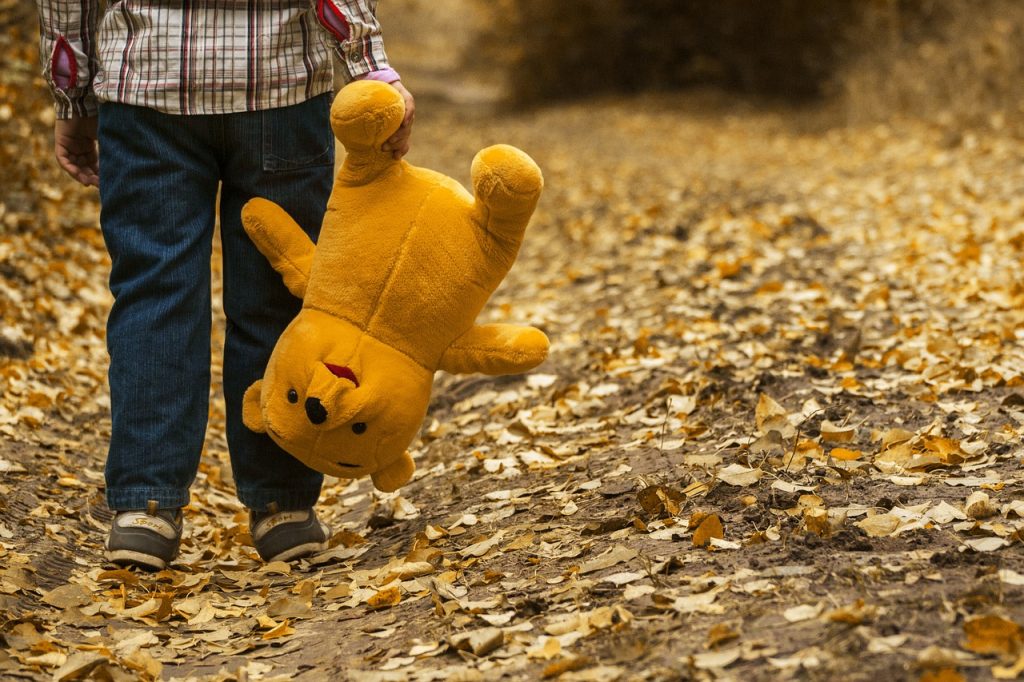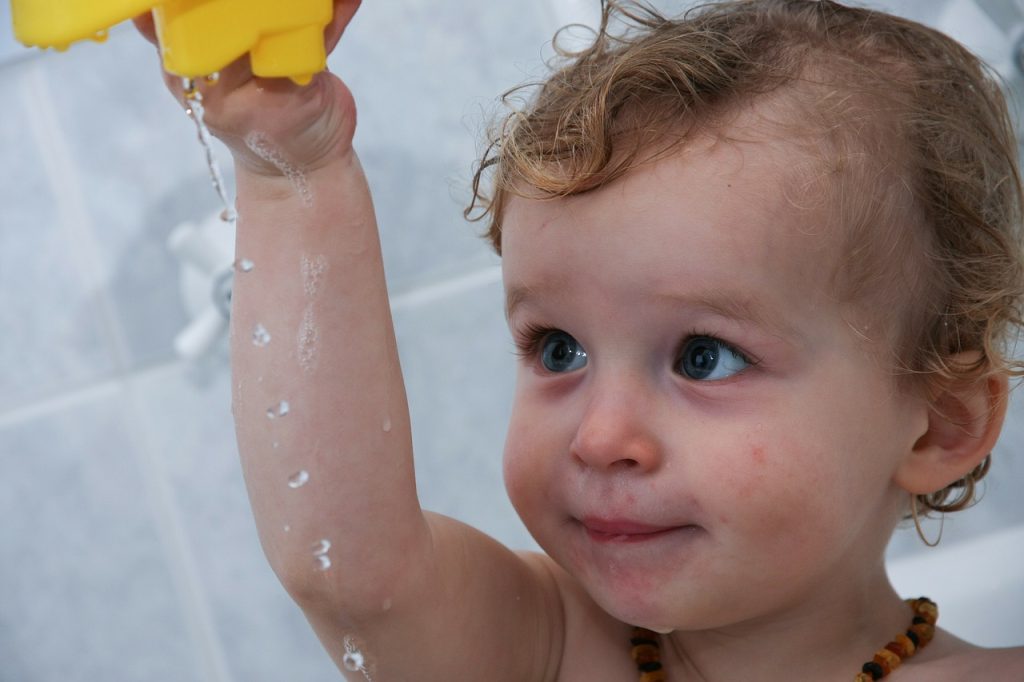Jean Piaget (1896-1902) focused on a child’s cognitive development and was the first psychologist to study cognitive development closely. He used the term Schema to explain how a child learns to understand the world around them. What a child does influences how they think about the world, and the new information they gain from redoing the activity changes how they think, modifying or extending the schema. Development is a process of reorganising these schemas and allowing a child to progress to the next stage of development.
When a child is in a state of equilibrium their schemata can explain the world around them. Children have to have assimilate, or gather, information about the world to explain what is happening around them according to their existing schemata. As they experience new things they cannot explain using their existing schemata Piaget felt they were in disequilibrium and needed to modify their schemata to create equilibrium, a leap in development. The process of modifying schemata and finding equilibrium is called accommodation.








